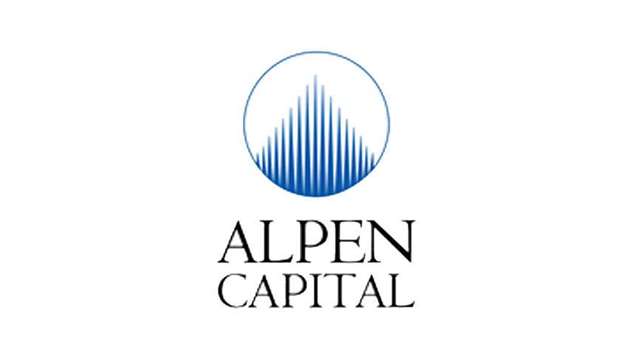The quality of education system in Qatar remains high and at par with developed nations, researcher Alpen Capital has said in a report.
In 2020, Qatar allocated 10.5% of the total budget towards education, much higher than the 9.3% earmarked in 2019, Alpen Capital said in its latest report on the 'GCC Education Industry'.
According to the Global Competitiveness Index 2019, Qatar improved its ranking across parameters such as critical thinking in teaching, quality of vocational training, digital skills among the active population, and skillset of graduates.
However, Qatar’s ranking on the pupil-to-teacher ratio in primary education declined during the year, Alpen Capital noted.
The government has consistently supported education in its budget statements. In 2020, Qatar allocated $6bn to the sector, equivalent to 10.5% of the total budget, much higher than the 9.3% earmarked in 2019.
The allocation supports the country’s aim to boost the education sector by improving course curriculum for better learning outcomes, promoting efficient teaching, and refining the overall functioning of the education system.
As part of Qatar’s ‘National Vision 2030’, the Supreme Education Council (SEC) plans to provide continued financial and human resources support to advance education for the purpose of sustainable development.
Moreover, the Ministry of Education and Higher Education (MOEHE), in collaboration with the Ministry of Finance (MoF) plans to establish some 45 schools with a PPP model as part of the Qatar Public-Private Partnership Schools Development Programmes.
The schools are planned to be built in six phases, with eight schools to be set up by 2021 in the first package, followed by six to eight schools in each of the following packages by 2022-23. The schools are expected to use the Design, Build, Finance, Operate, Maintain and Transfer (DBFOMT) model for their construction and operation, Alpen Capital noted.
According to Alpen Capital, “education plays a key role in Qatar’s long-term vision of building a diversified economy.”
“The country aims to create independent, confident, and self-reliant economy through developing its education sector.
“This has necessitated for a quality education ecosystem and the government has made conscious efforts towards improving the infrastructure while taking positive initiatives in opening up the sector for private participation.
“As a result, there has been an influx of international institutions126inthe country while the shift towards increasing preference for private education has gained further momentum.”
As of 2018, Qatar was home to 476 schools, of which private schools made up for 58.2% of the total, Alpen Capital noted.


